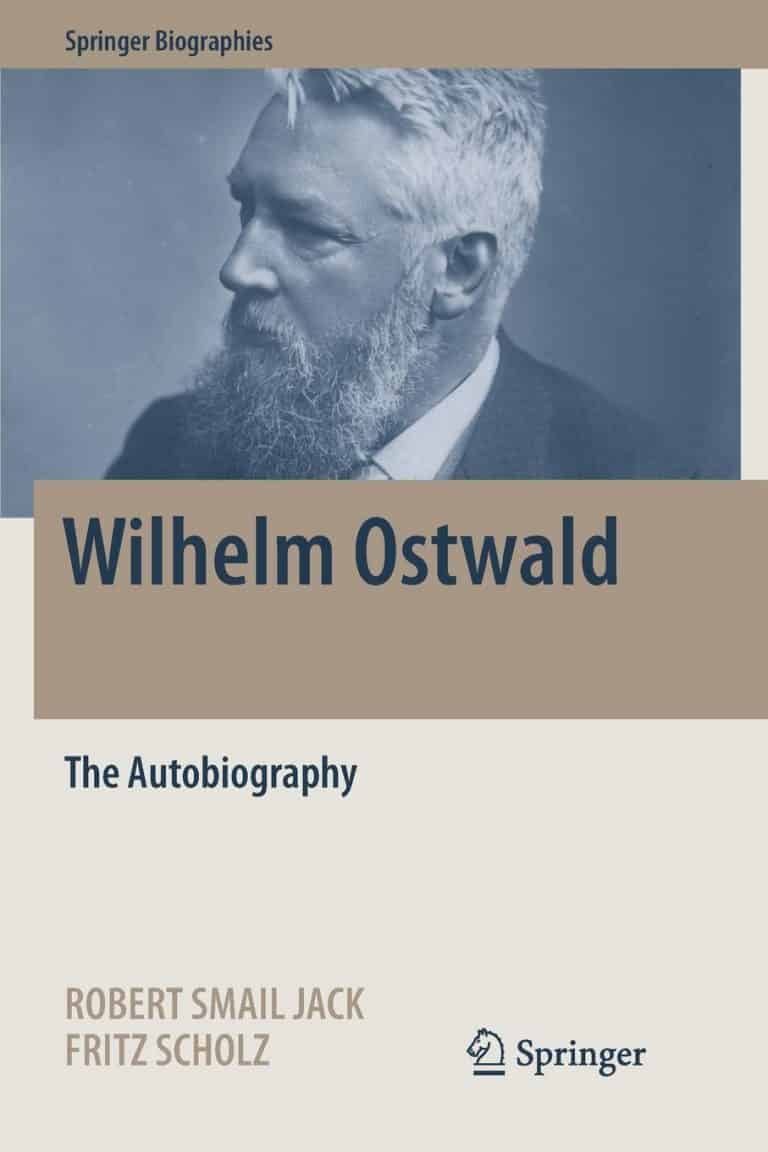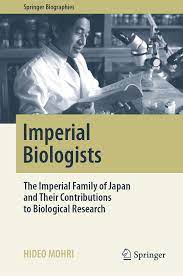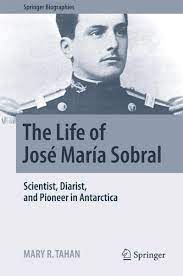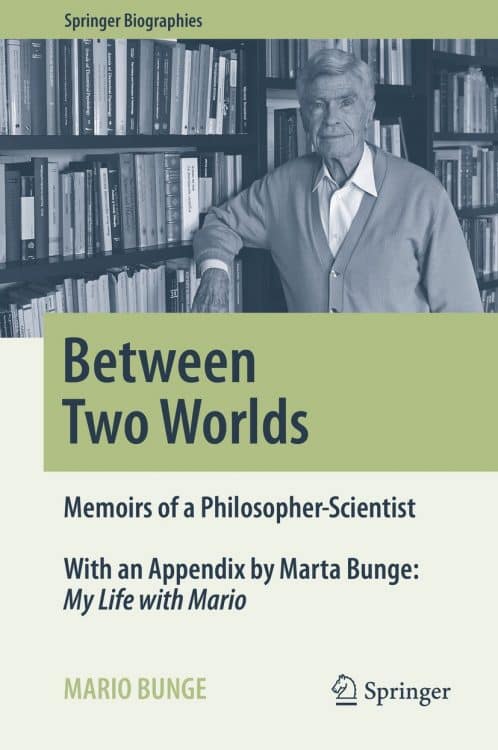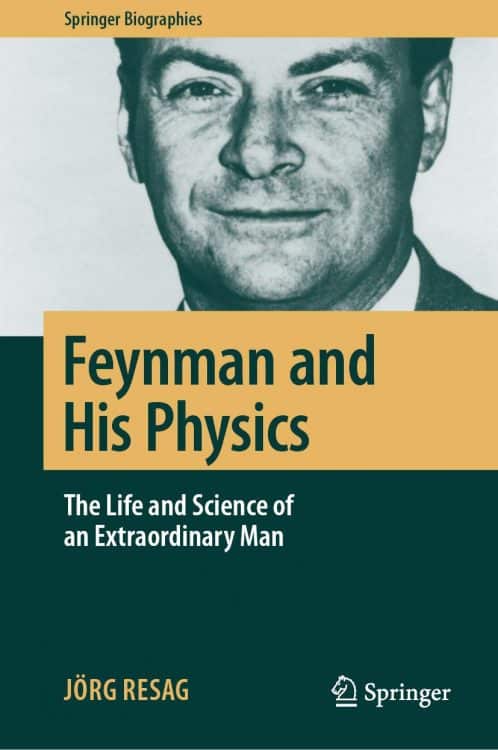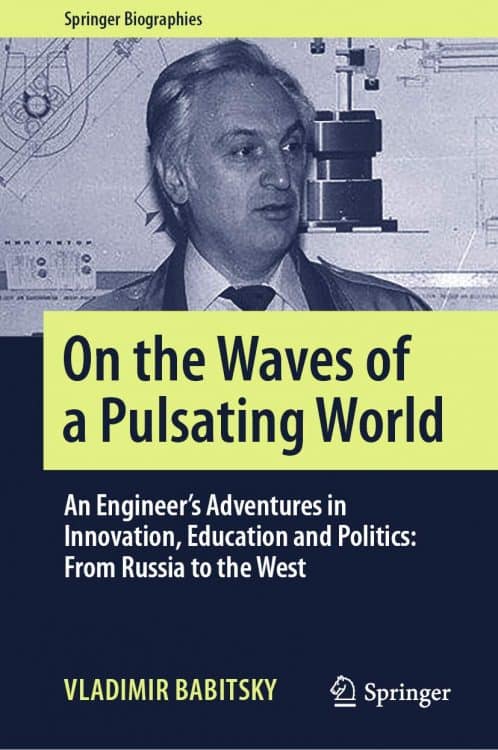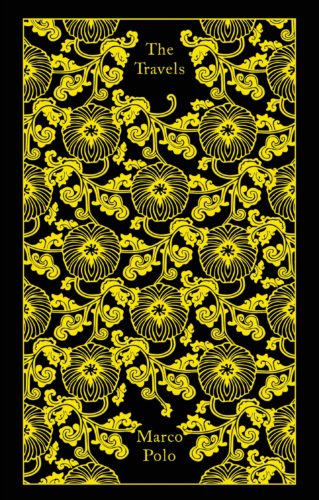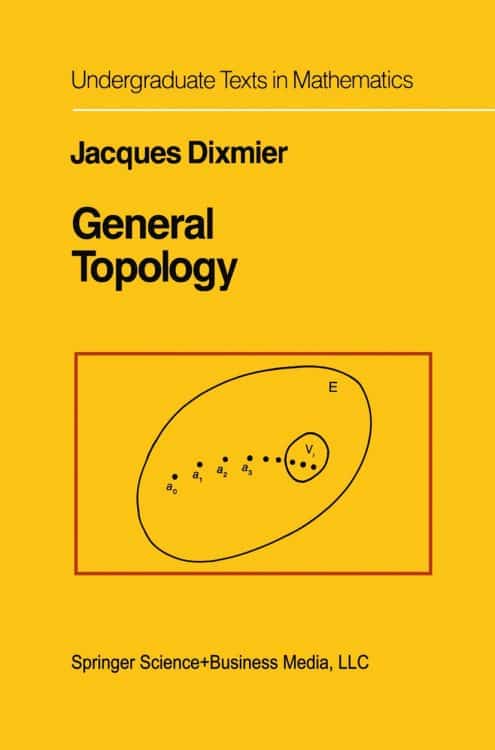This book is the autobiography of Wilhelm Ostwald (1853-1932), who was awarded the Nobel Prize in Chemistry in 1909. It has been translated and annotated by other people. It is the first translation of the German original version titled “Lebenslinien: Eine Selbstbiographie,” which was published by Ostwald in 1926/27. The translation was done with great care. The reader is provided with comments and explanations within the book that assist them in comprehending Ostwald’s text within the framework of Germany’s historical circumstances at the turn of the 20th century. His autobiography is where Ostwald details his distinguished research career as well as his life from his own point of view. The book will provide information on how Ostwald made a name for himself through his research on catalysis, chemical equilibria, technical chemistry, and, most notably, as one of the founders of modern physical chemistry. This information will be presented to readers. His wide-ranging interests in science, which include everything from philosophy to the theory of colors, as well as the concept of a universal scientific language, are two more remarkable aspects that are covered. This work will appeal to a wide variety of modern scientists, including but not limited to: It is possible to trace the origins of many of the world’s most prestigious scientific institutions back to Wilhelm Ostwald’s students. Wilhelm Ostwald had a significant impact on the development of chemistry as well as other scientific disciplines. Ostwald was active in Germany as well as in the territories that are now known as Latvia and Estonia. He also traveled to the United States of America, England, and France. Readers will find that he discusses and analyzes the working conditions of the time and that within those discussions and analyses, they will find many issues reflected that continue to be of relevance today.


